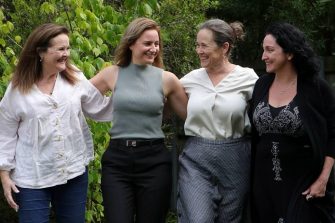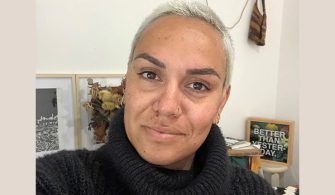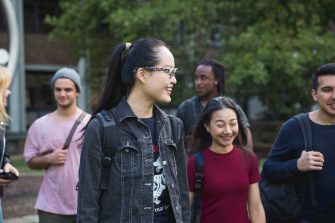
Injuries, violence (including domestic violence) and trauma represent a major, yet preventable form of mortality, morbidity and health system burden in Australia and globally. Our research and advocacy aims to identify vulnerable population groups, their risk factors and develop interventions in partnership with governments, organisations and the community. We partner with Aboriginal and Torres Strait Islander communities spanning rural areas, urban environments and countries in the region. Additionally, co-design of interventions with those impacted by violence is an important feature of intervention development.
Our goals
Our expertise and networks span all areas of injury, violence, domestic violence and trauma. Our team brings together expertise from diverse backgrounds and skill sets including epidemiology, data-linkage, text mining, disaster preparedness, policy, advocacy, implementation science and co-design. We work with partners and communities to develop systems-level, culturally safe interventions and reduce inequity.
Research strengths
- Urban planning and design
- Active transport
- Indo-Pacific health systems
- Drowning prevention
- Child and adolescent injury
- Co-designing injury prevention interventions
- Systems level approaches
- Active transport and road safety
- Healthy aging and falls prevention
- Rural injury prevention
- Health system response
- Mental health
- Epidemiology of injuries in populations
- Epidemiology of violence in populations
- Epidemiology of trauma in populations
- Hazardous Materials and Chemical, Biological, Radiological, Nuclear and Explosive (CBRNE) injuries
- Modelling and Simulation of the impacts of trauma in populations
- Modelling and Simulation of Emergency Management Systems
- Violence perpetration
- Family and domestic violence
- Text mining police domestic violence narratives
- Mental illness and offending (including violent offending)
Our impact
Comprising world-leading researchers and advocates, we deliver research excellence with real-world impact across all facets of injury, violence and trauma. This includes science communication expertise and active partnerships within and outside of academia to implement effective interventions. We work with government, industry and other stakeholders to translate our research into tangible policy outcomes, education and training solutions, leadership in high profile forums, and practical tools to assist decision and policymakers.
Policy brief - Creating accessible cities for older people
Research from UNSW School of Population Health shows that if policy-led initiatives to support older people’s mobility, such as better public transport and more footpaths, are implemented in silos without consideration of other initiatives, they will not work. Ultimately, a silo approach will prevent older people, and the wider community, from easily getting out and about and living healthier lives.
Our experts
Our partners and collaborators
- Advanced HAZMAT Life Support
- ACT Emergency Services Agency
- Australia’s National Research Organisation for Women’s Safety (ANROWS)
- Australian Water Safety Council
- Bankstown Hospital
- Corrective Services NSW
- Department of Agriculture, Water & the Environment
- Domestic Violence NSW (DVNSW)
- EmergoTrain
- Lake Macquarie City Council
- Liverpool Hospital
- Macquarie University Hospital
- Major Incident Medical Management and Support System
- NSW Department of Communities and Justice
- NSW Government Office of Sport
- NSW Police Force
- Royal Life Saving Society - Australia
- South West Sydney Local Health District
- Surf Life Saving Australia
- World Health Organization




.cropimg.width=335.crop=basic.jpg)














